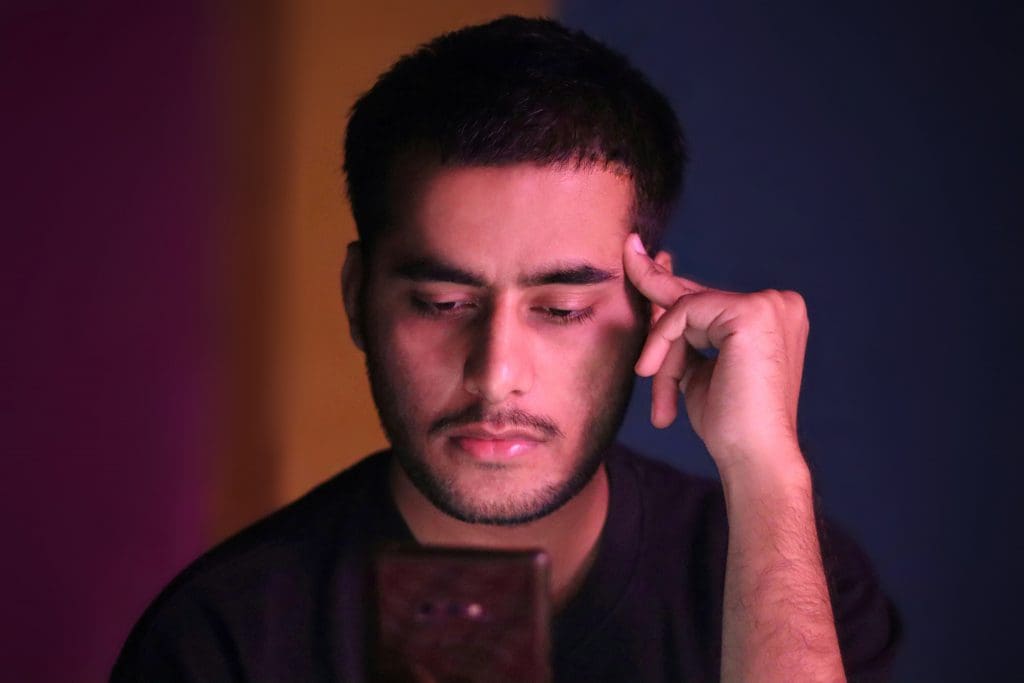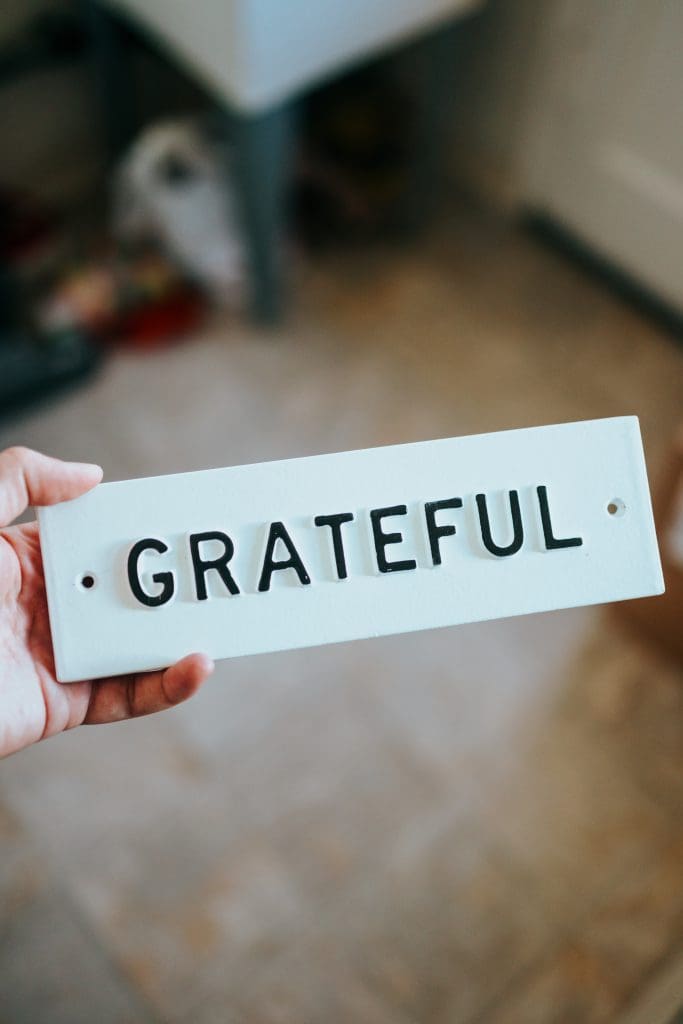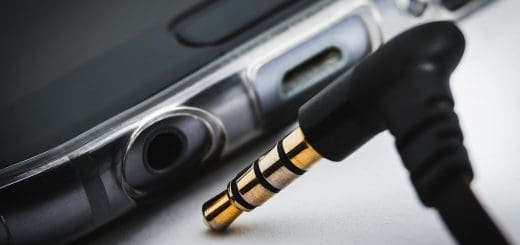Negativity Bias and Social Media
Negativity bias is a natural human experience. It’s why we are severely affected by what can end up being the slightest of inconveniences, even if really good things happen to us too. For example, you may have gotten an A on a really important exam, but forgetting to submit a homework assignment that same day and losing points for it is more likely to affect you.

We’ve talked about how negativity can build up and affect how we feel in more detail here. This week, however, we wanted to specifically talk about how negativity bias and social media can go hand-in-hand. In an age where we’re constantly comparing ourselves to others, are being reduced to numbers and followers, and are connected to pretty much everyone in the world thanks to the Internet, there are tons of opportunities for us to encounter negative experiences, especially online. Even things that we don’t really consider to be drastic, like getting fewer likes than normal on an Instagram post or getting a simple reaction on iMessage instead of an actual response can have us overthinking everything.
This is because our brains naturally expect the good things to happen to us all the time, therefore making the bad things seem way worse than they actually are. You’re probably used to having long conversations and constantly sending and receiving content in DMs, Snapchats, and TikTok, so if your friend doesn’t respond to you in the time that they usually do, or you just get a read receipt instead of a reply, it may actually trigger anxiety and depressive symptoms.
The same thing applies to encountering content. You probably follow accounts that make you happy, like following your friends, favorite celebrities and musicians, and others who inspire you. However, you may see one of them post something that you either don’t agree with, or actually interpret as something really hurtful, and you might feel betrayed, disappointed, and, well, hurt.

In these cases, the best advice we have to offer is that your social media experience doesn’t just include you. People may forget to respond for a bunch of reasons – they might be too busy, they’re not doing too well themselves, or they may have just forgotten to reply. It’s not your fault if negative things happen online, and while it’s easy to think that it is, there are so many other factors that can be involved. Another thing to remember is to acknowledge the good things that happen to you online, no matter how small. Gratitude is a great practice to incorporate in your daily routine (and you may do so already), and while it may seem shallow, you can absolutely practice gratitude with your social media experiences. Did you achieve a milestone in a Snap Streak? Did someone you like stream today? Did you have a funny conversation with a sibling or friend?
Finally, one piece of advice that we always recommend when it comes to social media is to curate the best feed for you possible. That might mean muting someone who posted something you didn’t like for a couple of days, or just blocking them entirely if you’re not that close with them. Don’t be afraid to make lists of people who make you happy so you’re only sharing content with them, and if you think a Facebook friendship has run its course, feel free to unfollow.
What experiences tend to affect you the most on social media? How do you feel if you get fewer views or likes on a post, or how do you feel if you get left on read? What parts of social media make you happy? If you want to go in more detail about what negatively affects you on social media, feel free to do so on our discussion board!



Recent Comments